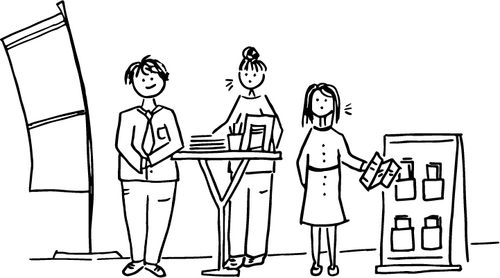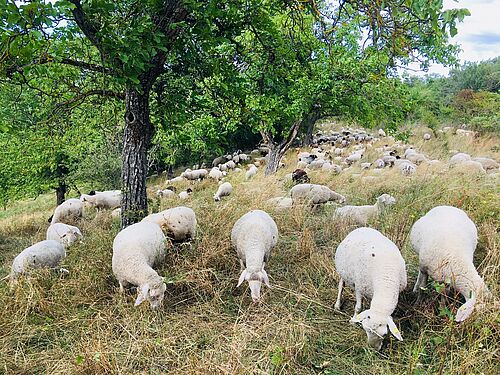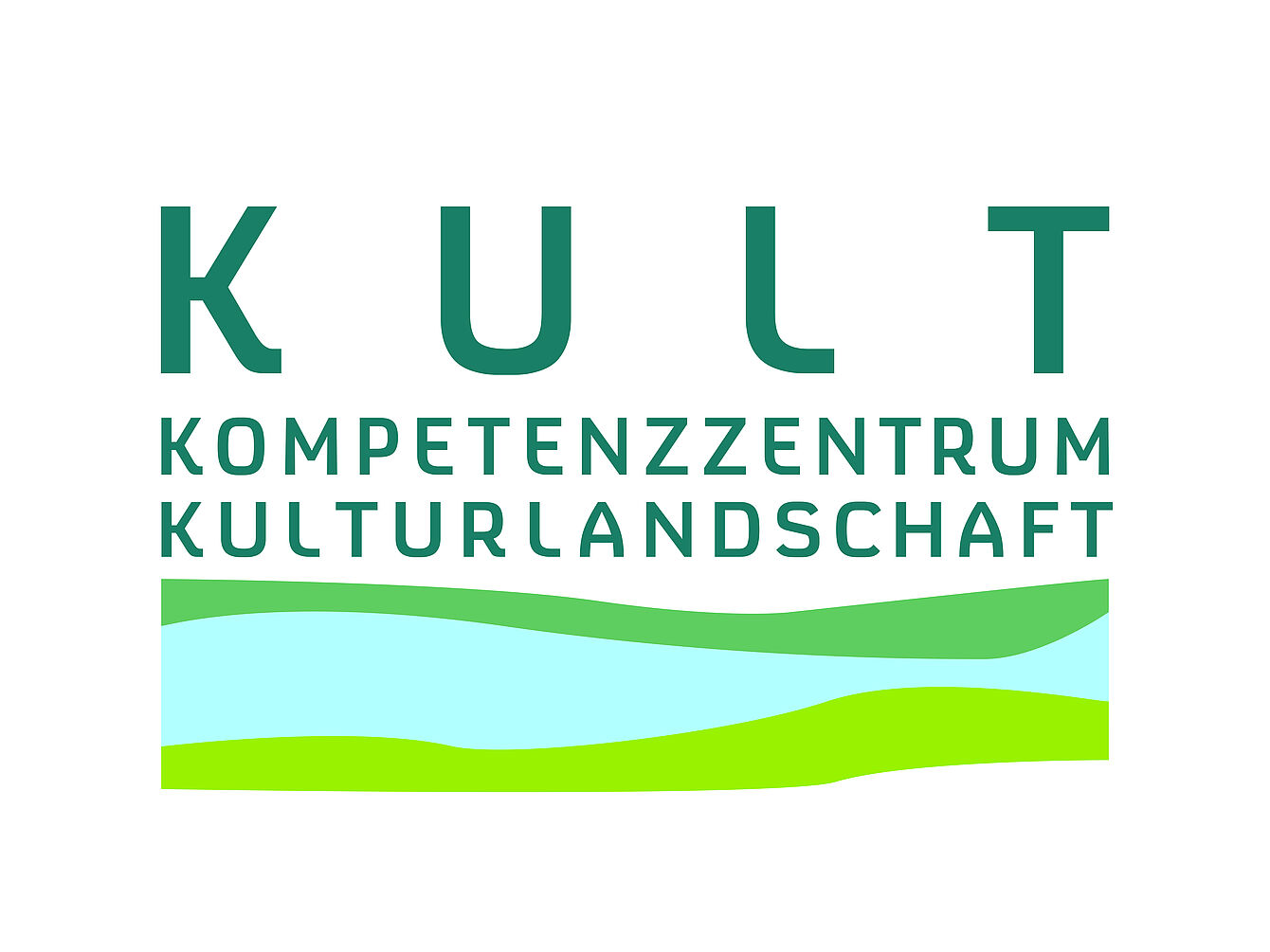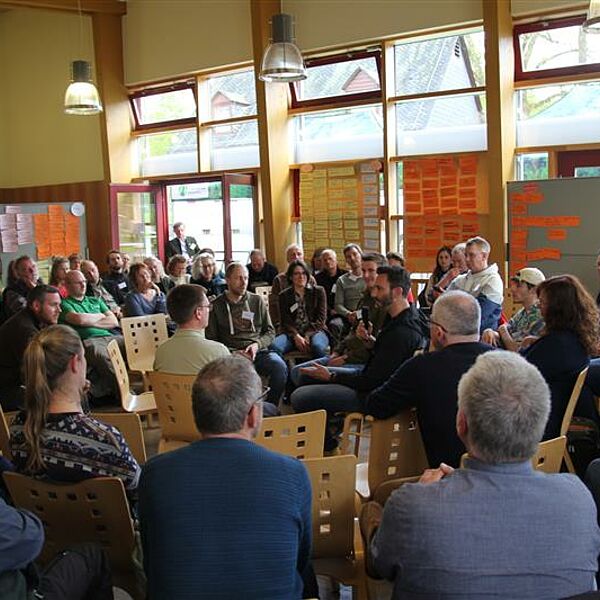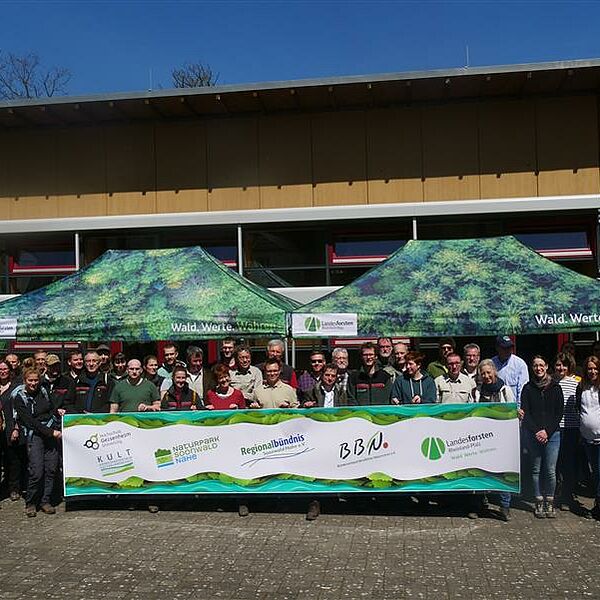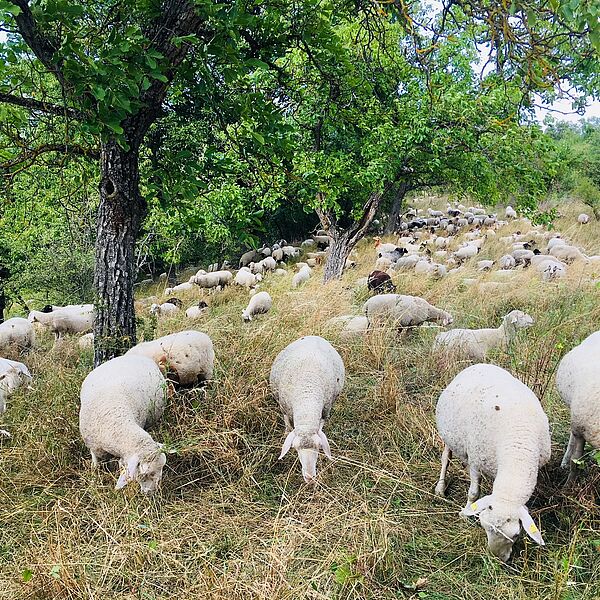"A label that represents a major step forward for the region". With these words, the President of Hochschule Geisenheim University, Professor Hans Reiner Schultz, expressed his support for the proposal by Hesse's Minister of the Environment to establish a UNESCO biosphere reserve in the Rheingau-Taunus/Main-Taunus and Wiesbaden region. "We are ready to invest the entire range of our scientific expertise to shape a model region for sustainability right on our doorstep," he continued.
Schultz says that the global challenges facing humanity can be solved primarily at local and regional level: the impacts of climate change and species extinction are becoming increasingly noticeable and ever more costly for society. Hochschule Geisenheim feels responsible for implementing the United Nations' 17 sustainability goals. "As scientists, a biosphere reserve offers us the unique opportunity to develop and test models right on our doorstep, to find out how we can make our working and living space sustainable." Economic, ecological and social objectives must be combined under one roof. This is a unique challenge and opportunity for teaching, research and the transfer of knowledge to society.
The feasibility study just recently presented for the biosphere reserve highlights the fact that there is already a high density of research institutions in the region, says Schultz. "This potential can be put to much better use for the development of the region with the UNESCO label," he says confidently: This would make it much easier for subsidies to flow for the benefit of local communities. The unique selling point of biosphere reserves is that they cannot regulate the use and development of the cultural landscape: "Every decision to become involved or not is still left entirely to the sole discretion of all those involved", says Schultz. From the point of view of Hochschule Geisenheim University, it is particularly exciting to have expert support in matters relating to land use and rural development.
"We can close our eyes to the challenges ahead - or take the initiative and actively shape them ourselves," he adds. The University wishes to get involved in the interests of its students, who themselves have been following the discussion with keen interest. As a center for training young people in viticulture, fruit cultivation and horticulture as well as landscape architecture and landscape design, Hochschule Geisenheim University sees it as crucial that the people who use the land seize such opportunities as they arise. "For this reason, I call on the opponents of the biosphere reserve in agriculture and forestry in particular to reconsider their positions. We must tackle the sustainable development of our countryside together," he continued, expressing his wish for continued intensive communication. A biosphere reserve offers "no regimentation, only opportunities". In the interests of future generations, he urges the cities and municipalities that are still hesitant to support "this vision of the future".
For queries, please contact:
Professor Hans Reiner Schultz, Tel. +49 6722 502 201, praesident@hs-gm.de

